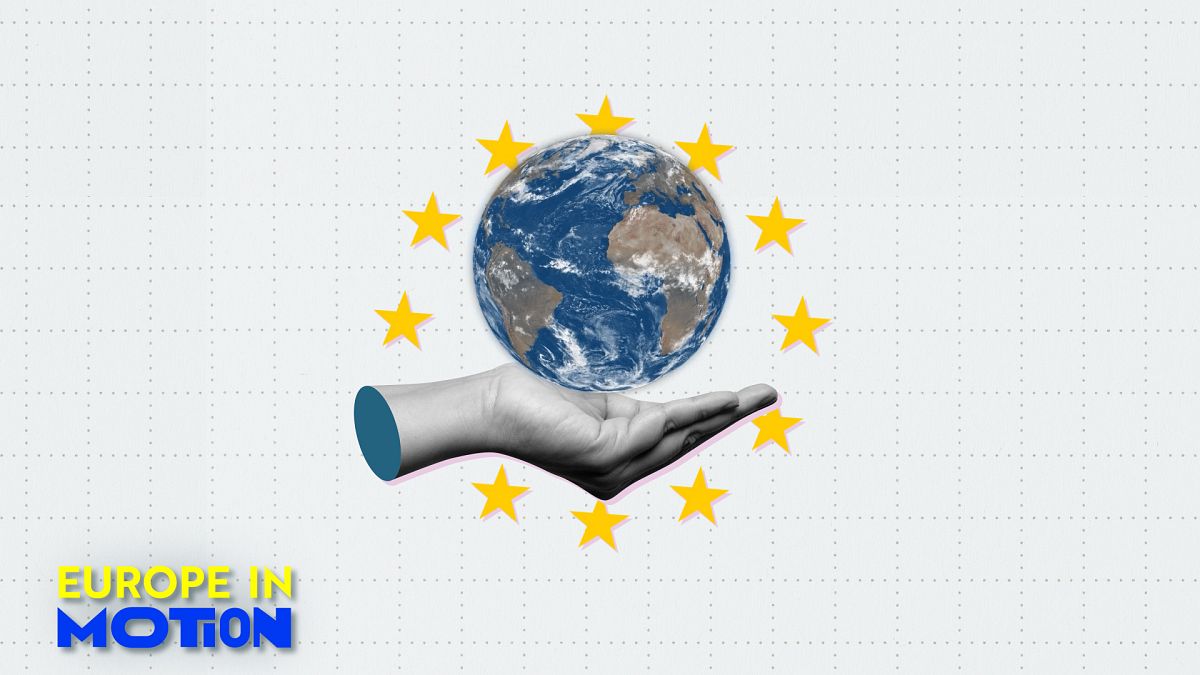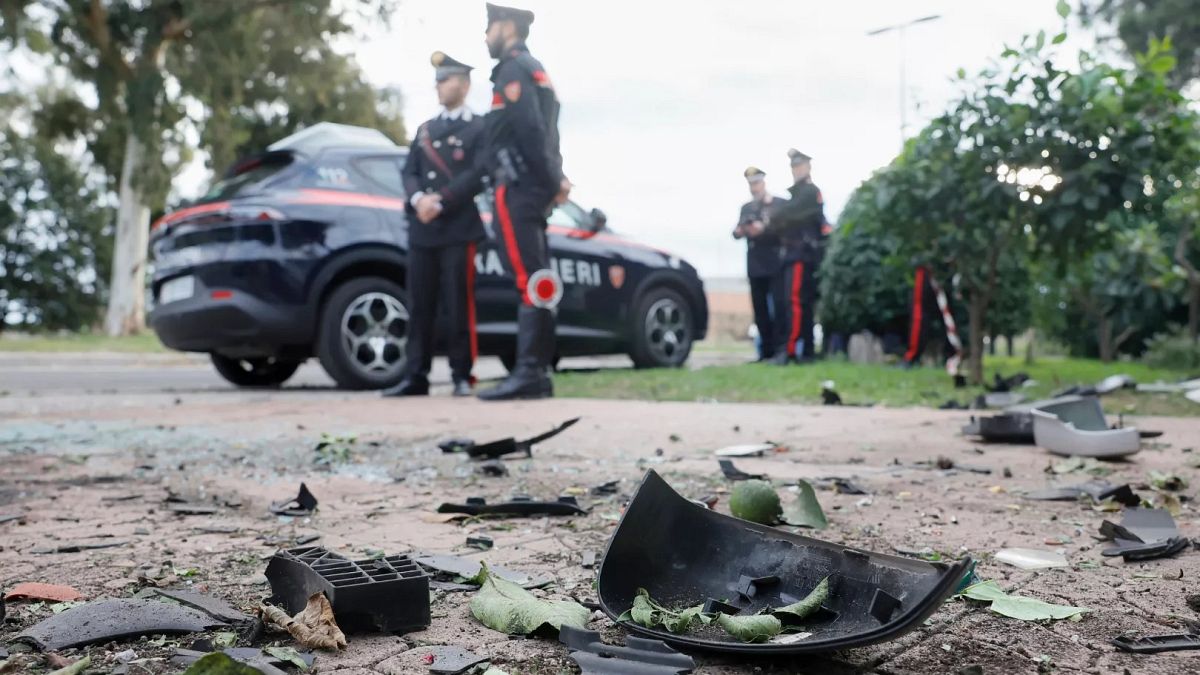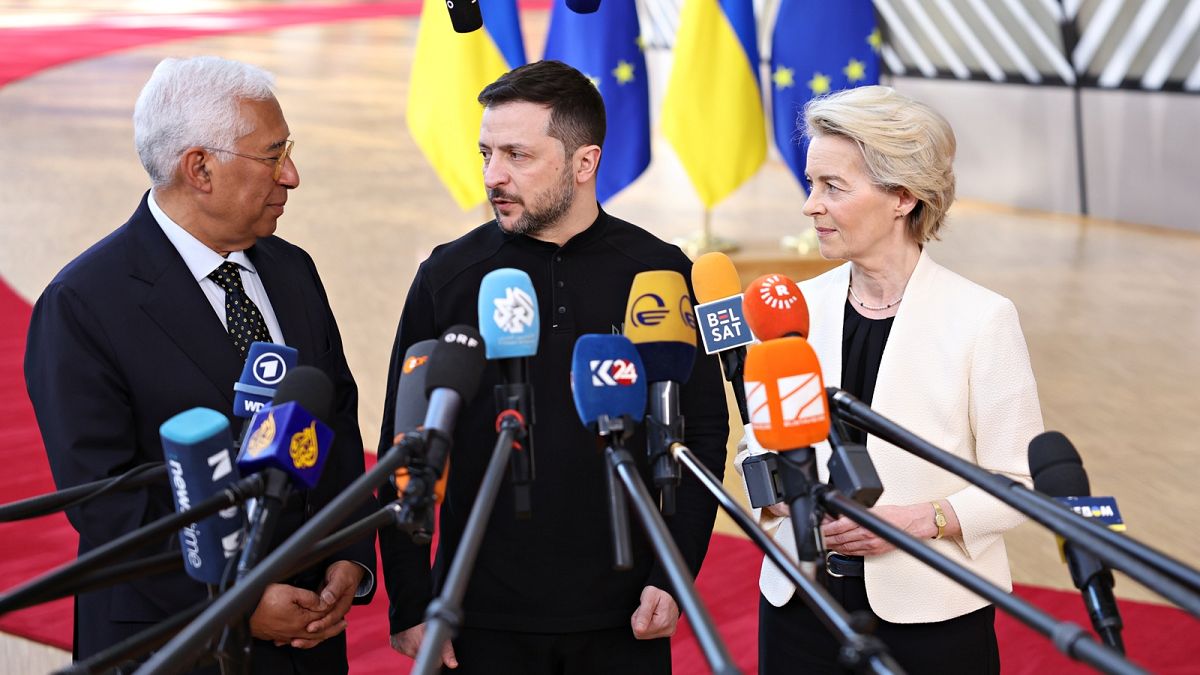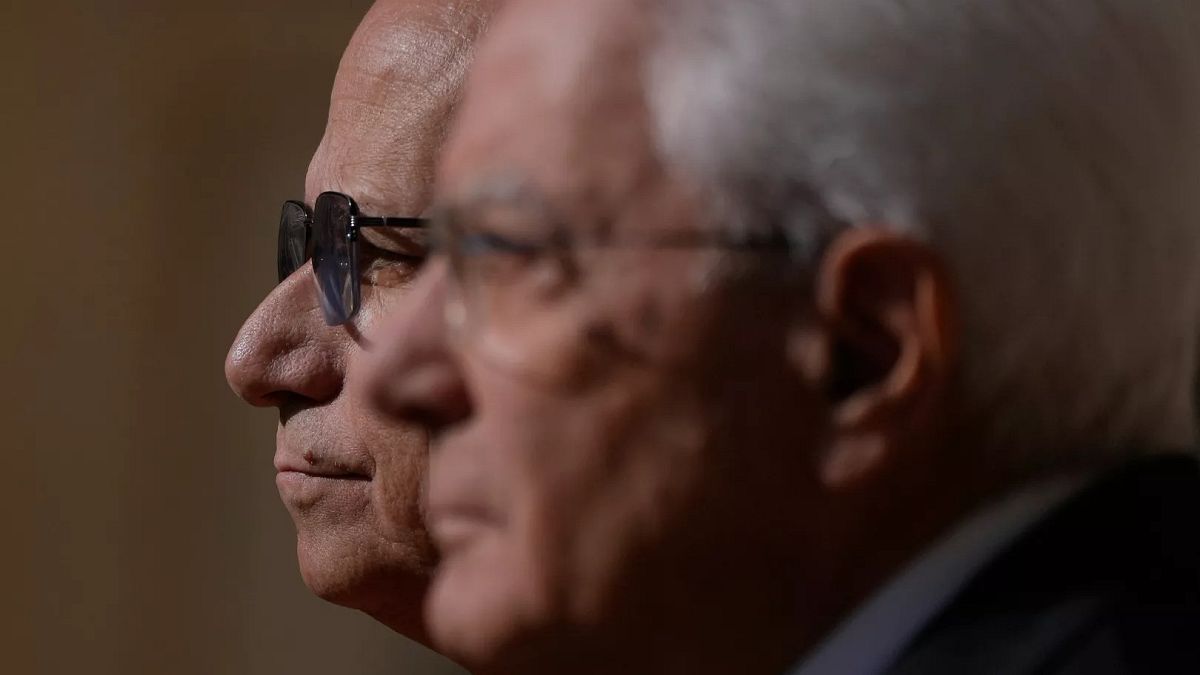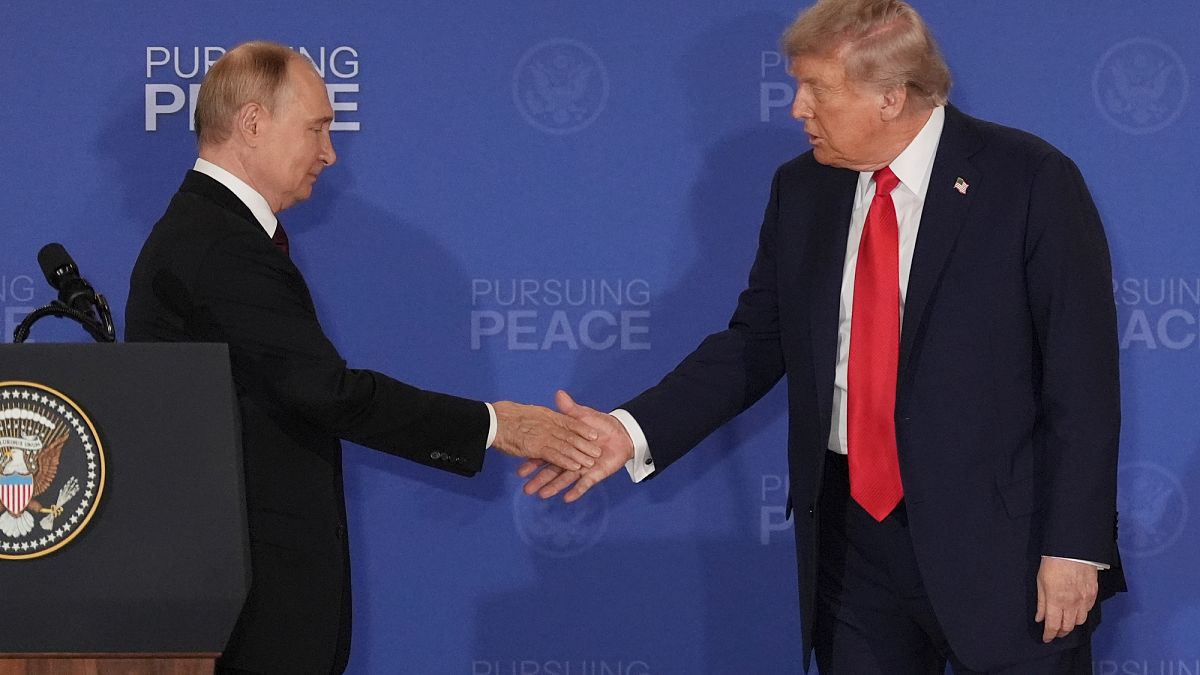ADVERTISEMENT
The European Union continues to keep a close eye on events unfolding inside Ukraine after a new law undermining the independence of two anti-corruption agencies prompted the bloc’s first rebuke since the start of Russia’s full-scale invasion.
The law, approved by the Ukrainian parliament and signed by President Volodymyr Zelenskyy at a speed that caught Brussels off guard, has brought the National Anti-Corruption Bureau of Ukraine (NABU) and the Specialised Anti-Corruption Prosecutor’s Office (SAPO) under the direct oversight of the prosecutor general, a political appointee.
The prosecutor general will now be allowed to select cases handled by NABU and SAPO and reassign them to other state entities, which critics say risks empowering the executive branch to sway and possibly derail high-profile investigations. The prosecutor general will also be able to give binding instructions to the agencies.
The changes run counter to the views of the European Commission, which considers both NABU and SAPO cornerstones in the fight against corruption. Last year’s enlargement report highlighted that SAPO had become a “separate legal entity” from the prosecutor general’s office and recommended that the head of SAPO be allowed to open investigations into members of parliament “independently” from the prosecutor.
In response to the backsliding, Ursula von der Leyen, the Commission president, personally reached out to Zelenskyy.
“President von der Leyen conveyed her strong concerns about the consequences of the amendments, and she requested the Ukrainian government for explanations,” a Commission spokesperson said on Wednesday.
“The respect for the rule of law and the fight against corruption are core elements of the European Union. As a candidate country, Ukraine is expected to uphold these standards fully. There cannot be a compromise.”
Amid pressure from street protests across Ukraine and warnings from European officials, Zelenskyy made a U-turn and submitted a new bill with what he called “full-fledged guarantees of the independence of anti-corruption agencies”. His proposal includes regular polygraphs for NABU and SAPO employees who handle state secrets.
The text was presented to the country’s parliament, the Verkhovna Rada, on Thursday. Chairperson Ruslan Stefanchuk confirmed it would be considered on 31 July.
“During the consideration of this draft law, I will propose to adopt it immediately as a basis and in its entirety, as well as to support its urgent signature,” Stefanchuk said.
In a joint statement, NABU and SAPO said the new law would restore “all due process powers and guarantees of independence” and urged its approval “as soon as possible”.
Brussels cautiously celebrated the reversal.
“We welcome the fact that the Ukrainian government is taking action and we’ll work with them to make sure that our concerns, which have been clearly explained, are indeed taken into account,” a Commission spokesperson said on Thursday afternoon, before the content of the presidential bill became accessible.
The Commission is largely satisfied with the draft text, a source familiar told Euronews, but will not publicly endorse it until all objections have been properly mitigated. Brussels has offered technical assistance to Kyiv to fine-tune the legislative details.
In the meantime, Zelenskyy made headlines after he vehemently denied that a phone conversation with von der Leyen had taken place.
“I have not communicated with Ursula von der Leyen in recent days. Everything that was written about it, everything that she allegedly told me, is fake. We did not have a conversation,” he said, according to the Interfax news agency.
The Commission did not comment on Zelenskyy’s remarks.


